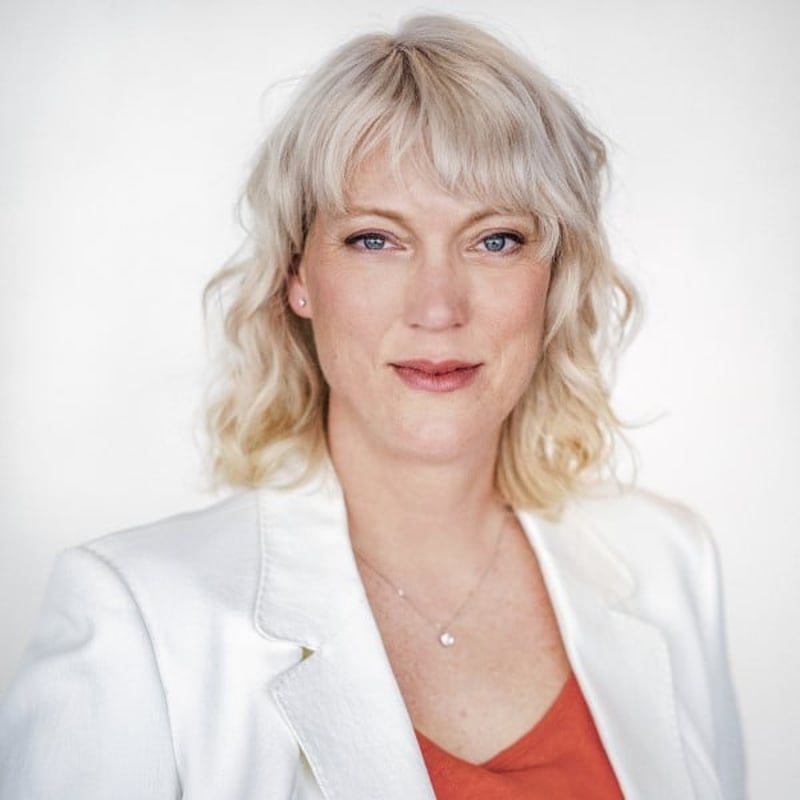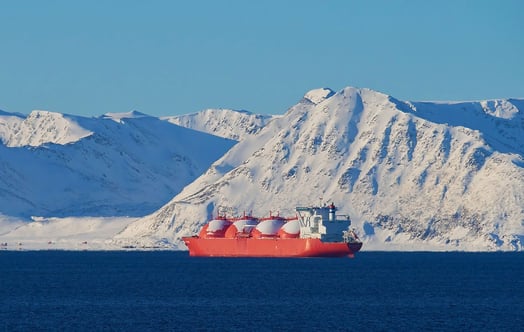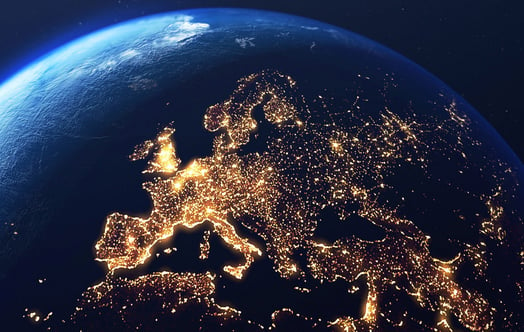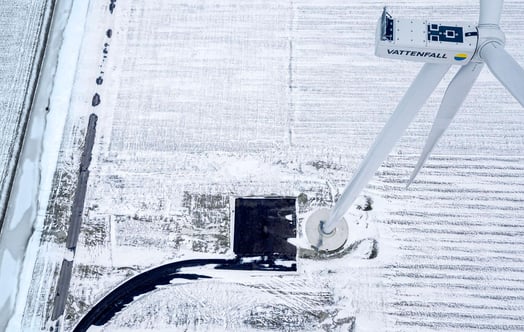
On 24 September Vattenfall is hosting an event on the theme “Can climate communication overcome the bad news problem?”.
Together with speakers from media, science, NGOs, and representatives from politics and business, we will explore the topic of how to address the severity of climate change and to inspire to take action, without people losing interest due to the depressing nature of the news.
We will do that in the political heart of Europe: Brussels, where climate policies are drafted that affect us all, with online attendance to this hybrid event being free and open for all.
Why is a producer and retailer of electricity and heat engaging in this? Vattenfall’s Head of Media Relations Anouk IJfs explains this and more:

Could you please describe what the event is all about?
This event is organised based on the notion that climate change is real and widely perceived as the most serious threat to the world’s future. Climate change needs to be reported, made visible and discussed to drive and inspire us to take action. But how can we talk about such an alarming subject, that seems to be growing steadily worse, without the “bad news syndrome” – people walking away because the news is simply too depressing – kicking in? Can we address the severity of the crisis while remaining hopeful about the future? Can we increase the public’s interest and appetite for climate news, while overcoming misinformation? We’re bringing together media, scientists, NGOs, and representatives from politics and business to share and discuss their insights into these issues.
Why is an energy company such as Vattenfall doing this? Shouldn’t you stick to producing electricity and heat?
For several important reasons:
1. Vattenfall is ‘living’ the energy transition. Our work affects the daily lives of our customers, our employees and the world around us. To ensure the energy transition succeeds, we need to understand and engage with a wide range of stakeholders. How will they be informed about the issues, and by whom?
2. Vattenfall has researched the impact of climate change communication extensively, and we believe that how climate change is discussed can help shift the balance from feelings of despair to taking action. We do not believe that there is only one valid or viable approach, and we see that numerous actors are developing their own.
3. Climate action (or inaction) affects all of us: the general public, politicians, scientists, NGOs, media and corporations.
What do you hope to achieve with this event?
We want to facilitate and host a discussion about climate change news and communication, with experts in the fields of science, NGO’s, politics and media with proven knowledge of climate communication-related topics, that can give a good and diverse representation of the different perspectives on this topic. They come from different parts of the world and have different backgrounds. And obviously we have looked for balanced gender representation on stage as well. By organising this event, by discussing and sharing ideas we can hopefully inspire new ways forward that will enable and support climate action.
Who should sign up?
Anyone who is interested! Digital participation is free of charge and open for all. On our guest list we have people who work with climate change and climate change communication from different parts of the world: science, politics, media, organisations like WWF, trade organisations and other companies that we work with, but also universities and their students – young people who experience climate anxiety and have a future ahead of them where they will be a crucial part of the fight to stop climate change.
What are the main obstacles that climate communication is facing?
It’s no coincidence that these three topics are also the basis for our three different panel discussions.
1. How we discuss climate change matters. The words we choose in reporting the issues and in climate change policies themselves can make a significant difference: hopeful, constructive, solutions-driven reporting inspires into action, while doom and gloom makes people apathic, leaving them with the sense that whatever they could contribute will not matter in the scheme of things.
2. Over the past years, traditional media have been hit hard. Overall trust and viewership for news is continuing its downward trend. Up to 40 per cent of the audiences that have left say they tend to avoid news, because they find it too depressing. If that’s the case, who and where are the audiences for climate change news?
3. Who and what to believe: ‘Facts’ are now more disputed than ever. Whose facts are legitimate and to whom has become a matter of faith. In practical terms: what constitutes "proof" for the publics of climate change communication? And then: if we have all our facts straight, which of them do we show? For if we only focus on the lines of increasing temperatures and CO2-emissions, we might miss the other graphs – the ones showing the progress made to combat climate change.




